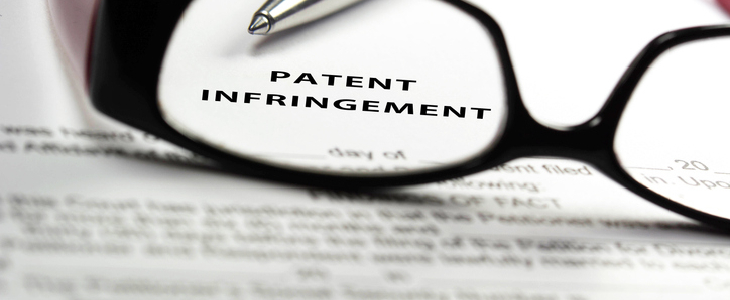Patent infringement occurs when an unauthorized entity uses, sells, or manufactures a patented invention without the patent holder’s consent. Such violations can lead to considerable financial and operational setbacks for the owner. Remedies available in these cases include assessing damages and seeking injunctive relief, both of which aim to protect intellectual property and ensure fair competition in the marketplace.
Understanding Patent Infringement
Patent infringement involves the unauthorized use, sale, or manufacture of an invention that is protected under a patent. A patent grants the holder exclusive rights to their invention, typically for a period of 20 years from the filing date, allowing them to exclude others from making, using, selling, or importing the invention without their permission. When these rights are breached, the act is classified as patent infringement. This can occur in various forms, such as direct infringement, which involves directly copying or using the patented invention, or indirect infringement, where a party contributes to or induces others to infringe. Identifying infringement requires a detailed comparison of the accused product or process with the patent claims.
Assessing Damages for Patent Infringement
When a patent is infringed, the patent holder is entitled to seek damages as compensation for the unauthorized use of their invention. The primary goal of assessing damages in a patent infringement case is to restore the financial position the patent holder would have been in if the infringement had not occurred. Two main types of damages are typically awarded: compensatory and sometimes punitive.
Compensatory damages can include lost profits, which are calculated based on the revenue the patent holder would likely have earned if the infringement hadn’t taken place. Another common form of compensatory damages is the payment of a reasonable royalty, which represents the amount that would have been agreed upon in a hypothetical negotiation between the patent holder and the infringer at the time the infringement started.
In cases where the infringement is found to be willful or malicious, punitive damages may also be awarded. These are intended to punish the infringer and deter similar future conduct, going beyond mere compensation.
Injunctive Relief: Stopping the Infringement
Injunctive relief is a legal remedy aimed at halting patent infringement activities and preventing further harm to the patent holder. This relief typically comes in two forms: preliminary and permanent injunctions.
A preliminary injunction is sought at the beginning of a lawsuit and serves to immediately stop the alleged infringing activities while the case is being decided. To obtain a preliminary injunction, the patent holder must demonstrate that they are likely to succeed on the merits of the case, that they are likely to suffer irreparable harm without the injunction, that the balance of hardships tips in their favor, and that an injunction is in the public interest.
If the patent holder prevails in the lawsuit, they may be granted a permanent injunction. This court order permanently prohibits the infringer from engaging in activities that violate the patent rights. The decision to grant a permanent injunction often considers the same factors as a preliminary injunction but with a focus on long-term impacts and the need to uphold patent rights as an incentive for innovation.
Navigating the Legal Process with Professional Help
Navigating the legal complexities of patent infringement cases requires professional guidance. A skilled legal team can effectively represent your interests, helping to prove infringement and argue for the rightful remedies. They assist in accurately assessing damages and advocating for injunctive relief that prevents further misuse of your intellectual property. Engaging experienced attorneys ensures that every step, from filing the lawsuit to the final judgment, is handled professionally, protecting your innovations and your business’s future.
Contact an Experienced Patent Infringement Attorney
Gearhart Law offers comprehensive support in patent infringement cases, ensuring your intellectual property rights are vigorously defended. With our detailed understanding of patent law, we guide you through every phase of your case. Contact us today to safeguard your inventions and secure the remedies you deserve.


